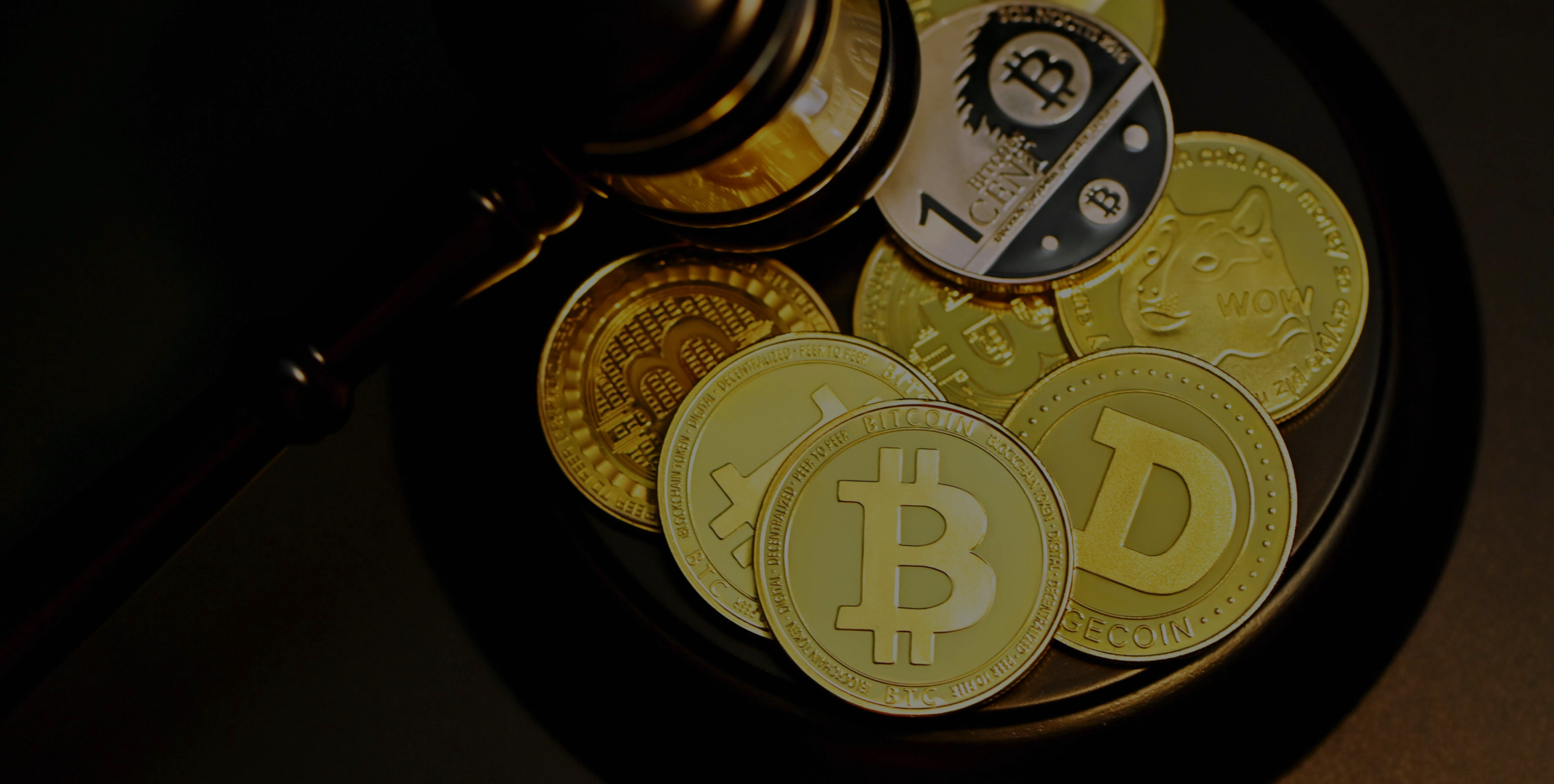Japan is considered to have the world’s most progressive regulatory environment for cryptocurrency trading. In fact, it is widely believed that Bitcoin was developed by a Japanese inventor known as Satoshi Nakamoto. The country recognizes crypto assets as legal tender. A slightly different story can be noted in South Korea, where the regulatory environment governing crypto assets is quite tight.
This blog looks at the current state of crypto regulations in these two countries.
Brief History
Japan was the first country in the world to define crypto assets in legal terms. It was also among the first to formulate regulations governing cryptocurrencies. In 2015, the Japanese government recommended that all crypto exchanges should be registered and licensed. After that, in 2016, the country launched the Act on Prevention of Transfer of Criminal Proceeds. This act also covers the trading and transfer of digital assets. Finally, in 2020, the government strengthened its framework governing cryptocurrencies by tightening its control on virtual currencies.
South Korea has also developed clear regulations governing crypto assets. Although these are not considered to be legal tender in the country, they are still fairly popular. The country allows trading in crypto assets if the users disclose their real names. Anonymous account trading was banned in the year 2018. Further, in 2020, the government also announced that all anti-money laundering laws will now be applicable to cryptocurrencies as well.
Current Status
Japan continues to provide a friendly regulatory environment to crypto firms and exchanges. In fact, the crypto exchanges in the country have also announced self-governing mechanisms that help them in achieving full compliance. The country has also allowed foreign crypto exchanges to register their business, thereby opening up new opportunities for digital asset investors.
At present, cryptos are tightly regulated in South Korea. In 2021, the country announced that all crypto exchanges would have to partner with a South Korean bank. This development has resulted in a situation where several exchanges have had to shut down their operations permanently. By September 2021, there was a significantly smaller number of exchanges able to operate. The government is also looking to announce a capital gains tax on crypto transactions.
Future Outlook
The future of cryptocurrencies in Japan continues to be bright. This is due to the fact that the country has developed an extremely friendly business environment for crypto firms and traders. On the other hand, South Korea needs to work towards simplifying its regulations if the country really wants to become a crypto hub in the near future.
Very differing policies going forward
Thus, to conclude, Japan and South Korea have adopted slightly different views when it comes to the regulation of cryptocurrencies. Japan continues to promote the use of digital assets, while South Korea has announced even stricter policies. Nevertheless, these two markets are still viewed as attractive destinations for crypto firms and enthusiasts.
For more information about the regulation of crypto, please visit the blog.



